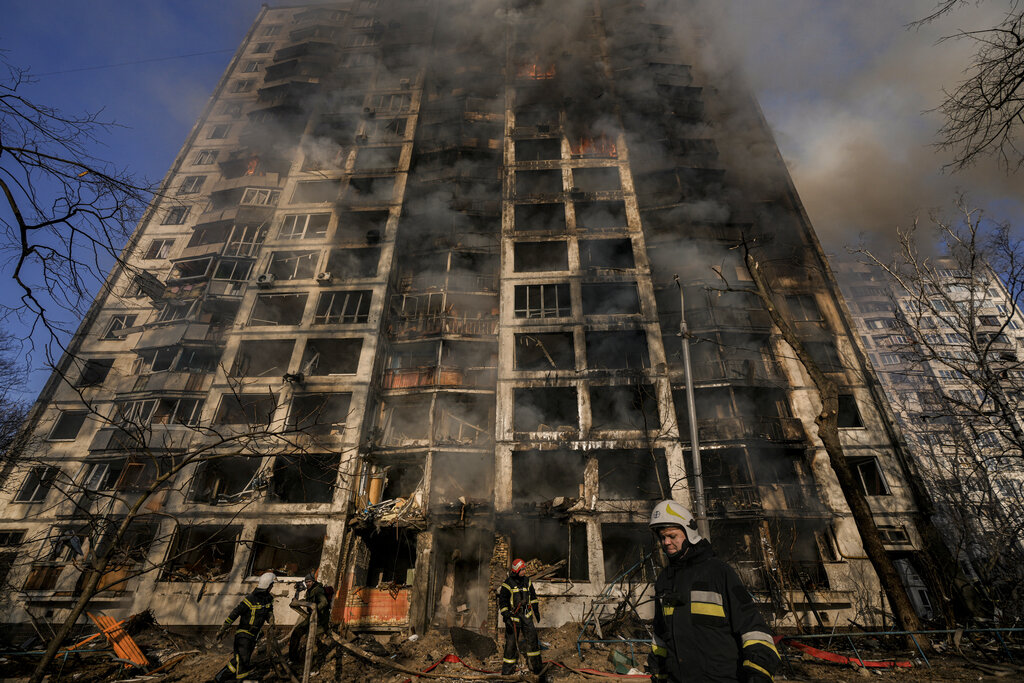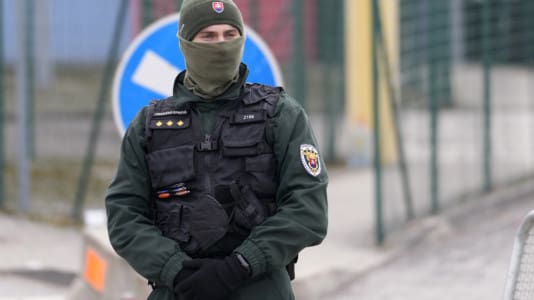Almost all media outlets, think tanks and even political parties appreciated the government’s decision when it came to the MiG-29 fighter jets; the decision to pin the responsibility for transferring the fighters to Ukraine on NATO and the U.S. was deemed a political masterpiece.
This praise was largely in part due to Poland showing its good will while simultaneously placing responsibility on Western nations.
This clever decision satisfied both those in support of strengthening Ukraine’s military defenses, as well as those who oppose this plan of action. In the end, Ukraine did not receive any planes, nor did NATO impose a no-fly zone over the troubled country.
The rule for Poland not to be on the front line against the aggressor but a step behind the United States, the main power leading the struggle, is the fundamentally correct position for Poland to take. Poland should enter the conflict as late as possible and reserve its strength for the final confrontation and, therefore, have influence over peace agreements and the character of the future international system. Yet, just like with any rule, it cannot be considered without acknowledging particular conditions.
This rule cannot be applied dogmatically. It must be adjusted to the appropriate time and space. This means that one must understand the essence of this conflict and one’s own capabilities for influencing it.
Russia must suffer such a powerful blow now, so that it will never be able to return to conducting its expansionist policy. This is why we must give Ukraine planes and all the weapons necessary for them to defeat the Russians.
The aim of this war isn’t Ukraine itself — it is only one stage in Russia’s strategy for its geopolitical revolution of Europe. This revolution is meant to restore Russia to a similar geopolitical and geo-strategic position previously enjoyed by the Soviet Union. This means that the next target after the invasion of Ukraine will be the Baltic states and the remaining post-communist countries, with Poland being the main target. Of course, if the Sino-American conflict would force the U.S. to completely withdraw from Europe, then Russia’s aim would also be to dominate Europe all the way “to Lisbon,” as the Kremlin’s strategists have euphemistically explained.
This is why limiting military aid for Ukraine today also equals the simultaneous strengthening of Russia’s chances to defeat Kyiv, and Ukraine’s defeat, depending on the time needed to strengthen the Russian army, is a direct threat to Poland and the Baltic states.
Therefore, the defense of Ukraine’s sovereignty and integrity, or at least resistance for as long as possible to achieve a maximum bleeding out of the Russian forces, is the most important aim of Polish policy. This is a fight for Poland’s independence using Ukrainian hands. These hands must be equipped as best as possible for them to fight as efficiently as they can — this is the Polish raison d’état.
Today, a war is being waged over Europe’s future system of governance as well as Polish security and Poland’s own future. This war is taking place in Ukraine and its defeat will also be a Polish defeat. Thankfully, Polish blood is not being shed in this conflict, but it might be in a few years, if Ukraine loses. This is why everything possible must be done so that Poland also wins this war.
Russia must suffer such a powerful blow now, so that it will never be able to return to conducting its expansionist policy. This is why we must give Ukraine planes and all the weapons necessary for them to defeat the Russians.
If this cannot be given under the NATO umbrella, then it must be given to them directly. In this way, Poland as a NATO member will also force Western states to be more decisive against Russia, as to deprive it of its chance for victory and the ability to rebuild its military potential.
Poland should use all of its means to enforce such a policy on the West through its own conduct, which will serve Polish security.






